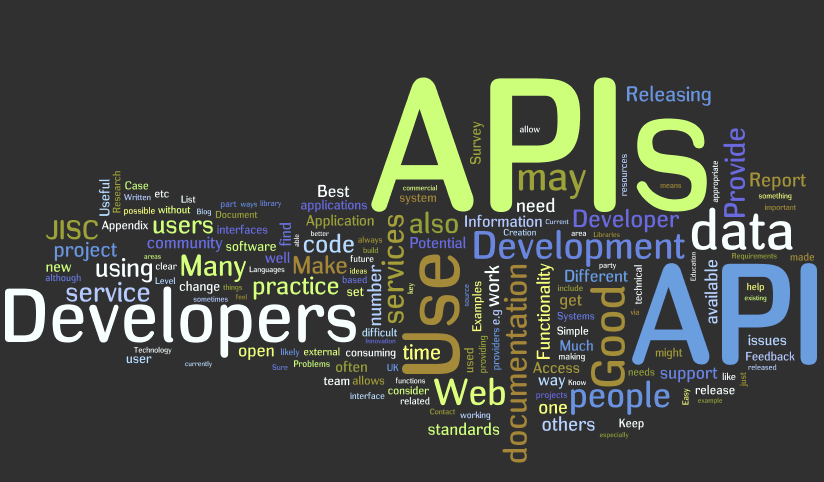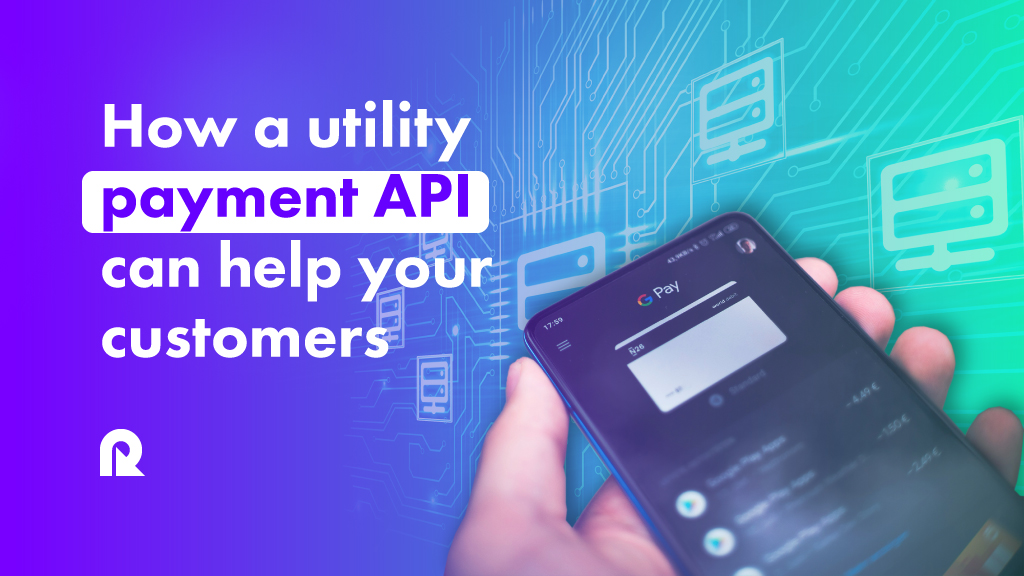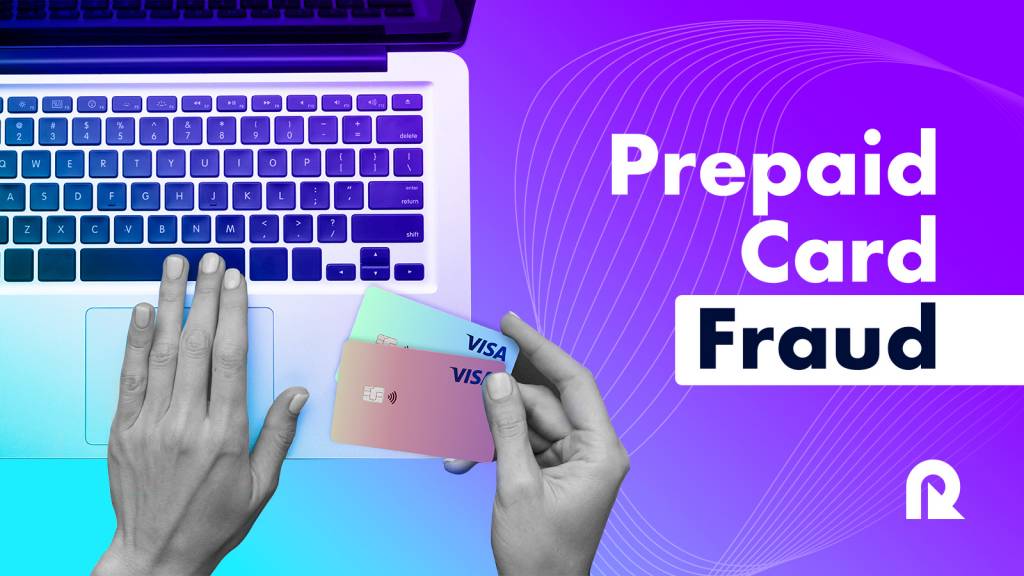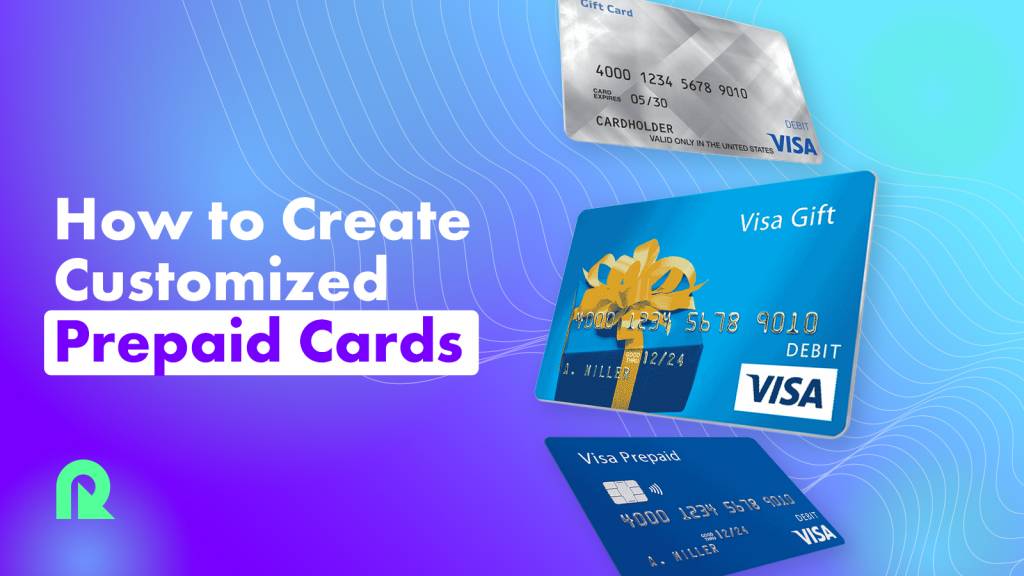Technology has brought many innovations to the developing world. The benefits have reached and improved several areas. Although the changes are just starting, sustainability is now more possible thanks to entrepreneurs, tech companies and innovators that are constantly looking for advancements and growth.
In this 5 min read, we will give you a glimpse of all the sectors that are being disrupted by tech and developers.
1. Environment
In most emerging countries, obtaining clean water is a daily struggle. Data from the World Health Organization says that more than 1.8 people don’t have a dependable source for drinking water, and also 2.4 billion lack of inadequate sanitation facilities.
The lack of clean and fresh water is a challenge that is faced with solutions like small water purifiers capable of killing a high percentage of bacteria, pipe connections and other projects, such as public taps, protected wells, and boreholes.
Many groups of entrepreneurs have created apps and that help you donate clean water to those who need it most, and also, to support sanation projects
2. Healthcare
In emerging countries, hospitals may be far away or simply unable to provide basic treatment and care. The figures say that about 50% of the population in the developing world don’t have access to healthcare.
There are projects such as consultancy services that connect patients with medical specialists, they use health data to diagnose patients and include text functions to improve assistance. Text messaging about health help the population to be alert in contexts of health emergencies, and also on a day to day basis with reminders to take
medication, for instance.
Devices such as portable sensors are available in some places, with the purpose of monitoring health conditions in people that for some way or another is not able to reach hospitals.
3. Electricity
In some countries, paradoxically, electricity is a luxury. It is not about just turning the lights on when it gets dark. On the contrary, sometimes it is even overpriced, and many people can’t afford it.
Providing light in a room or house is possible with products like solar lanterns, which can last from six to 12 hours after a solar charge. There are also devices such as portable electric generators that may even be cooking pots at the same time.
There are major projects in places like Sub-Saharan Africa, as well as in Haiti that bring affordable electricity originated from solar energy to the communities.
4. Education
More than 250 million children globally don´t go to school according to UNESCO. Efforts to find solutions seem insufficient and therefore, some entrepreneurs and tech companies have created programs for kids in developing countries.
Although it may seem that it is vital for a kid to learn in a traditional way, with a teacher in a classroom, research has shown that it is possible to use the Internet and even text messaging to educate future generations. According to UNICEF, 40% of Vietnamese children contacted in rural areas used the Internet for educational purposes, and 34% of them sent school-related messages. In urban areas, the percentage was 62% and 57%
respectively.
Resources such as educational games and social challenges can be used thanks to high-profile tech companies, which have launched global initiatives with educational material and training programs.
5. Banking
There are approximately 2.5 billion unbanked people in the world. Access to financial services can be a ray of light to fight poverty. Economic sustainability is a goal for those who have created projects to guarantee easy access to mobile money services.
Account ownership, transfer and receiving money in developing countries is simpler with the use of mobile money. There are platforms created to make easier this kind of transactions. Users only need access to a smartphone, tablet or even just a laptop to share details about the sender and receiver and afterward, both get notifications through SMS or email to confirm that the money has arrived.
6. Farming
There are challenges in this area such as the shortage of laborers, marketing and lack of equipment, among others. Nowadays, solutions vary from smart tractors that farmers rent using mobile money or
an SMS message, to software that farmers use to share best practices, find market prices or even buy and sell cattle online.
3D printing is also in the spotlight with the possibility to provide 3D equipment for
farmers, which may lead to creating tools such as simple chicken feeders or complex water quality testing devices.
7. Data collections
Sometimes it is not so simple to have a database in emerging countries. There are solutions created to solve that issue, such as SMS platforms.
Using text messaging, people can have information immediately accessible over the Internet. Birth registrations, nutritional monitoring or remote diagnosis in some African countries are solved with this kind of technology.
8. Internet access
Mobile and Wi-Fi connections are not so normal anywhere in the developing world as they may be in other countries.
There are different projects and devices to make easier communication. But, the truth is it isn’t so simple for people to use them.
However, tech companies remain looking for ways to improve ways of connecting to the Internet, with innovations such as wireless Wi-Fi. These products run 3-G cards and are able to provide Internet access to 10 or 20 more devices. Their battery may last about eight to 10 hours.
9. Mobile top-ups
People abroad sometimes find it hard to reach their loved ones back home. Prepaid phones are not so simple to top-up in the developing world. Airtime is found in local stores or after facing some difficulties, it is not exactly possible to get it with the blink of an eye.
Technology also brings people together with top-up APIs that make it possible to recharge from different platforms, apps, websites, and devices. Developers find each day solutions to solve this issue for the developing world.
Companies like Reloadly are part of the innovation for communication, mobile service access, and top-up services. Today, it is possible to send load to the Philippines, Cuba, and Ghana, for instance with a top-up software that allows transferring digital credit and goods in real-time with facilities that can be inserted in web and desktop apps, and also on mobile software.



